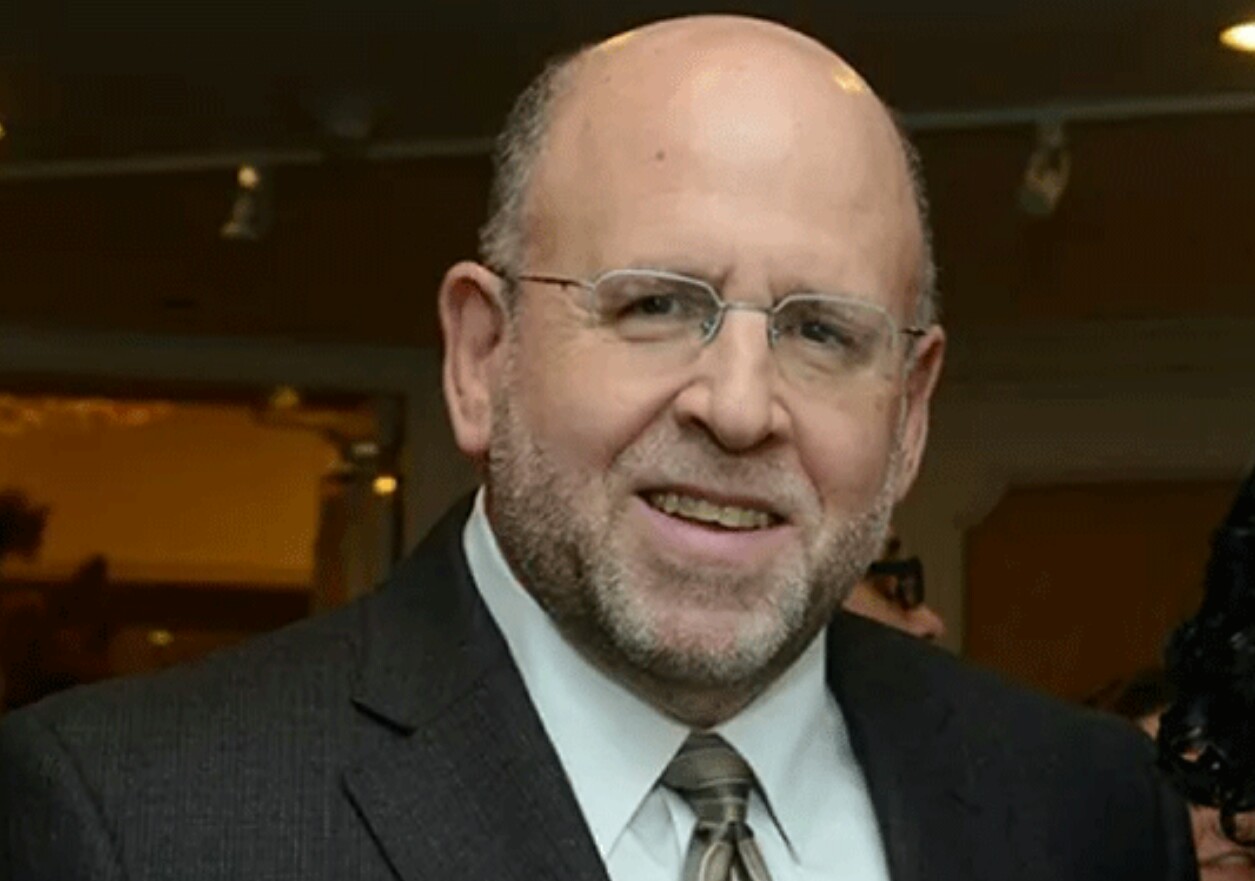“Don’t be afraid of Covid. Don’t let it dominate your life.” – President Donald Trump
The image of a Covid-19-positive U.S. president stepping out the hospital for a drive around Walter Reed Medical Center in Bethesda, Md., in a sealed SUV, accompanied by two Secret Service agents in gowns, N95 masks and face shields, conjures a scene in the spirit of Stanley Kubrick’s 1964 classic film Dr. Strangelove.
The only difference is that the famous passenger in the SUV wasn’t President Merkin Muffley, but Donald Trump.
The image of the highly contagious Trump orchestrating that bizarre bit of political theater establishes a degree of recklessness that evokes a memorable line by political satirist P.J. O’Rourke: “Giving money and power to government is like giving whiskey and car keys to teenage boys.”
As someone who has devoted a career spanning almost 50 years to providing mental health care for teens, including writing a widely-read textbook on the subject, it reminded me of the egocentric aspects of adolescence.
For example, without adequate information and support, an adolescent’s (or a certain president’s) belief in his personal uniqueness can become a conviction that belies reality and invites risk.
To paraphrase child psychologist David Elkind, the mixture of beliefs in the uniqueness of one’s feelings and of their immortality and or indestructibility might be called a personal fable, a story which they tell themselves and which is not true.
Risky behavior such as drug use, unprotected sex or participating in social gatherings without wearing a mask or social distancing, can be carried out without any expectation of serious consequence.
If nothing else, the President’s joy ride around Walter Reed Medical Center is most instructive for parents and other adults who care about kids. It also reminds us is that, despite the common belief to the contrary, teenagers have not cornered the market on a sense of invincibility, particularly with respect to their disregard for basic health security measures in the midst of a pandemic.
Researchers have shown that adults also feel invincible, only in different circumstances of their lives.
This has to be confusing for young Americans, who are constantly reminded that public health guidelines restrict mass gatherings and encourage wearing masks and social distancing.
Yet, just a few weeks ago, we were exposed to a nationally televised event in the White House Rose Garden, in which the President welcomed more than 150 guests to greet Supreme Court nominee Amy Coney Barrett.
Once the attendees tested negative they were encouraged to participate sans masks, convinced they would be contagion-free. Following the Rose Garden reception, they participated, still without masks, in tightly packed gatherings indoors in White House’s Diplomatic Room and Cabinet Room.
Five days later, that sense of invincibility was shattered as multiple guests tested positive for Covid-19, including Notre Dame University President Rev. John I. Jenkins, who later publicly apologized for not wearing a mask.
For teenagers, though, not all risk is bad. For example, trying new experiences, pushing boundaries, and testing limits are part of normal adolescent development. According to renowned developmental psychologist Peter Scales, “If risk = developmental exploration + environmental danger, then our job as caring adults is to reduce the environmental danger part of the equation, to navigate normal risky development with a high degree of safety”.
From all indications, the adults at the White House and all across the nation who ridicule people wearing masks and eschew social distancing are doing a pretty lousy job of reducing the environmental danger part of the equation for the young people in their lives.
Andrew Malekoff is a New York State licensed clinical social worker and author of the textbook Group Work with Adolescents: Principles and Practice, now in its 3rd edition by the Guilford Press.



